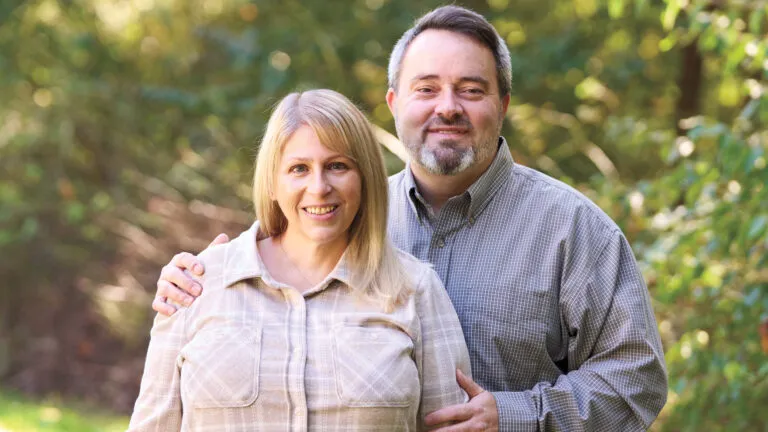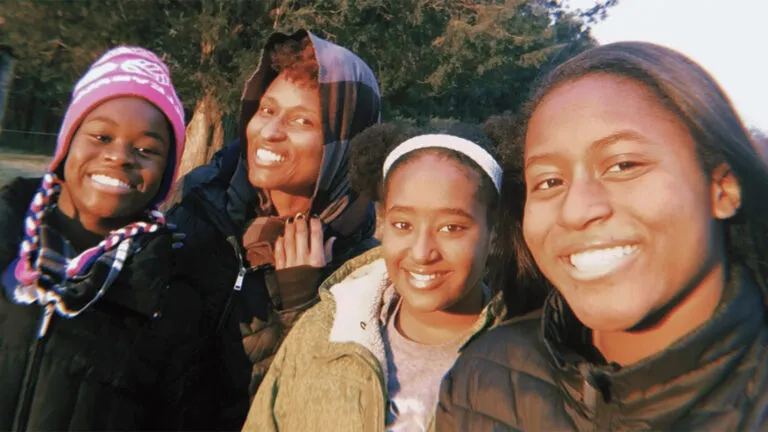Who would Luke Skywalker be without Obi-Wan Kenobi? How could Plato have developed his philosophy without the forceful questioning of Socrates? These days Diana Ross offers her expertise to Beyonce, Alicia Keys and contestants on American Idol.
Throughout the ages, mentoring relationships have been a powerful force for character and career development, for both mentor and protege. A good mentor can propel you toward success much faster than if you’re on a solo quest. Mentors can give guidance in areas outside of their profession—in fact, much mentoring is aimed at helping you achieve personal and professional balance, and mentors often assist with making major life decisions that may not be career-related.
Whether you are starting a new business, rejoining the workforce after having a child or just beginning a new path in life, a mentor can help you go after your dream. So what’s the secret to finding a mentor in your stage of life? And who makes a good one?
Identify candidates.
Once you’ve decided what you want the mentor to help you with, compile a list of candidates. Even if it has been a while since you graduated, your school’s career counseling office is a good place to start. Successful alumni are often willing to give informational interviews, and some schools offer networking opportunities to alums.
Business associations and professional organizations also have broad networks of contacts. SCORE (Service Corps of Retired Executives) will connect you, free of charge, with a small-business mentor anywhere in the United States. Look locally for individuals in your field and research their accomplishments.
Many companies offer formal mentoring programs. Research has shown that new hires who are paired with a mentor are twice as likely to remain in their jobs as those who aren’t mentored. If your office doesn’t have a program, you can seek out a workplace mentor on your own. Anyone in a leadership position whose work you admire is a good candidate.
Build a relationship.
What’s the best way to propose a mentoring relationship? You might start by asking a prospective mentor for help on a specific project to see if you click first. Or you might feel comfortable discussing it right away. In any case, read everything you can about her—show her you know who she is and what she has done. Ask about her career path and current projects and get advice about your situation. It’s a nice gesture to take her out for lunch or coffee. Send a thank-you note afterward. Contact her again to follow up on suggestions that you found helpful.
Above all, be respectful of your prospective mentor’s time. Set clear expectations of the commitment involved. Define the type of guidance you need. Make it clear that you aren’t asking for a job. Be flexible about how often you meet. Anyone who feels pressured will not give you the level of participation that will really help you.
When Susan Trimble, a teacher in Statesboro, Georgia, was seeking a mentor to help her improve her public speaking skills, she tried to find out: Is this person an expert? Is she a good listener? Is she trustworthy? By asking others their impressions of her potential mentors, Susan was able to narrow her list.
Her choice, school principal Frances Kochan, was unsure about mentoring. But in their first meeting, Susan explained her goals, expressed concern about the time demands of the relationship and proposed they also communicate by e-mail, phone and journaling. “Her sincerity about developing her skills, her ability to share clear expectations and her consideration for me made me decide to accept,” Frances says.
Susan prepared for every meeting by reading articles Frances had written and notating them with questions. She arrived with a typed agenda. “I made sure I didn’t talk too much,” Susan says. “It was Fran’s reactions and stories I was seeking.”
Susan became a more confident public speaker and learned what it takes to be an effective principal. As time went on, they developed a friendship that felt more like a co-mentorship—the experience had become equally instructive for Frances.
Co-mentoring with a peer can be invaluable. Kimball Gallagher of New York City is a Juilliard-trained pianist who worked with a friend to set goals for his performances and teaching. He in turn helped his friend launch a graphic design business. “Even though we were in totally different fields, we motivated each other by having weekly meetings and sharing our decision-making processes,” he says.
Maybe your mentorship goals aren’t career-oriented and you’re looking for someone to guide your creative or spiritual path. Amy Mape of San Francisco, California, has worked with individuals making major life transitions after surviving abuse. “My mentoring is about sharing how I created a more balanced life for myself using meditation and creative activities. When I tell my story, it gives people hope that they can too can integrate meditation or exercise into their way of life and feel better,” she says.
Pass it on.
People who have been successfully mentored usually want to give back. Ecologist Ethan Zuckerman blogged after his mentor’s death: “I found myself wondering whether I should try to find another mentor…I wondered how to navigate the world without a wise, loving friend to lean on for guidance, direction and advice. It took me a couple of days to realize this was profoundly ungrateful. Most people aren’t lucky enough to have one mentor in their life, and the best way to express my gratitude is to mentor others.”
By serving as a mentor, you’ll pass on your knowledge to your protégés and learn from them, too. Noted psychologist Erik Erikson observed that most people in their 30s and 40s choose to nurture and support those who are less experienced. He called this productive stage of life “regenerativity,” and proposed that it is a basic human need to pass on wisdom to the next generation.
Think you don’t have enough accomplishments to be a mentor? Everyone has life experience that would benefit another. Sometimes mentoring can be as easy as opening your address book. In her retirement, Cynthia Graae, of Washington, D.C., has mentored many college students transitioning into the working world. She found she could help by connecting them with professionals she knew. “When a political science student who wanted a career in government came to me, I thought I wouldn’t be the right mentor for her. What did I know about political science? But then I called some friends at the British parliament, and she was able to get an internship with them. It turns out I was the right person for her!”






